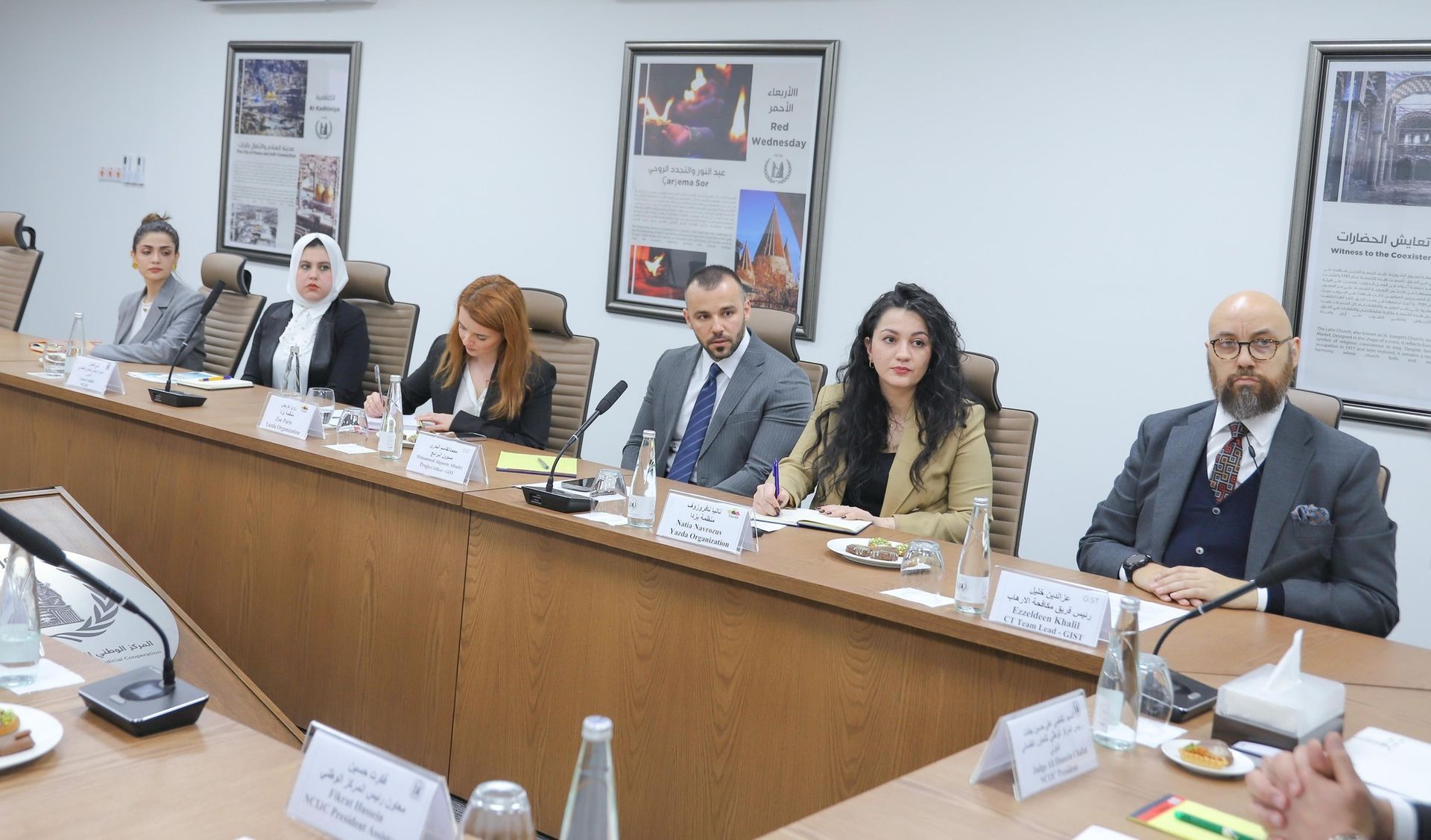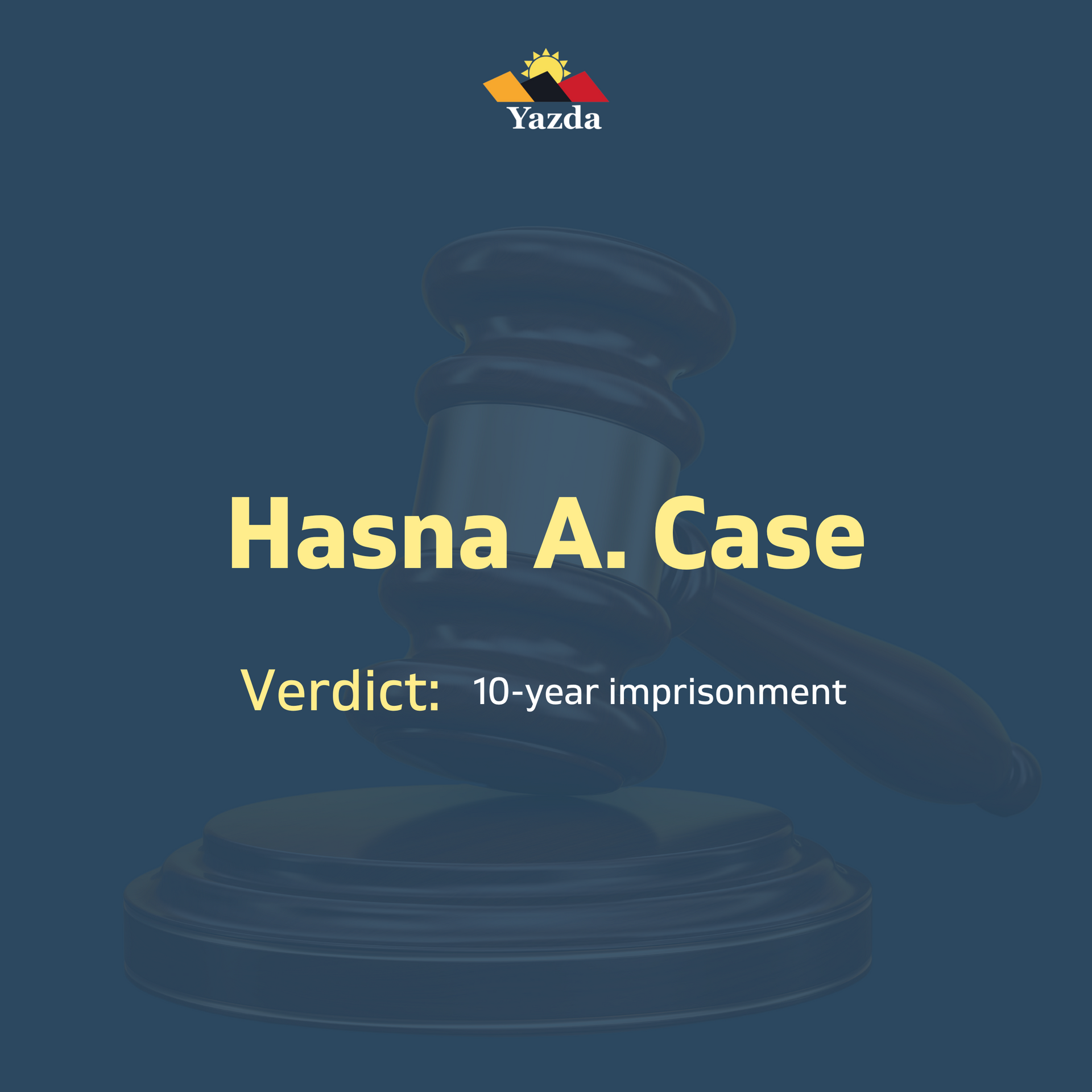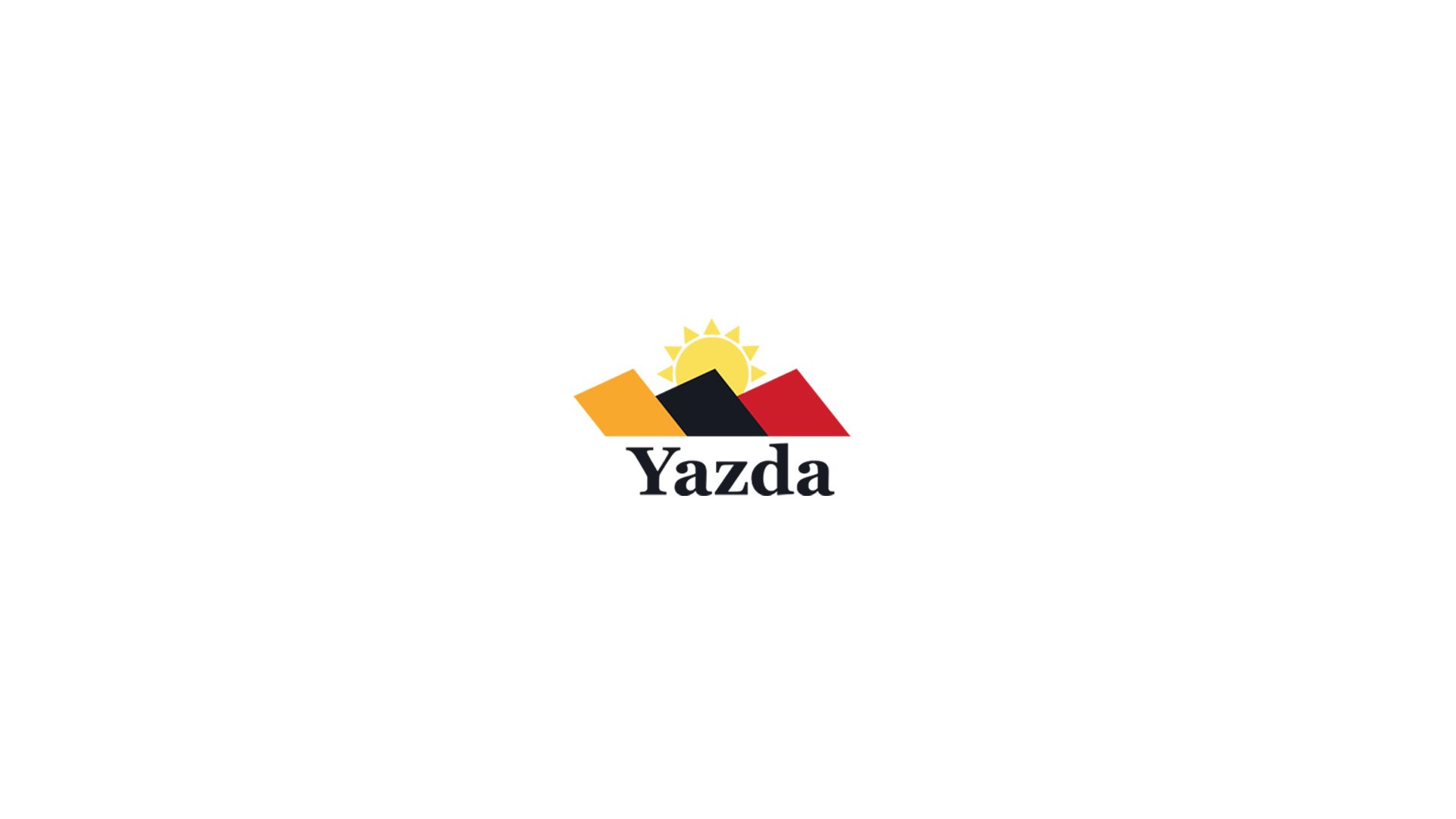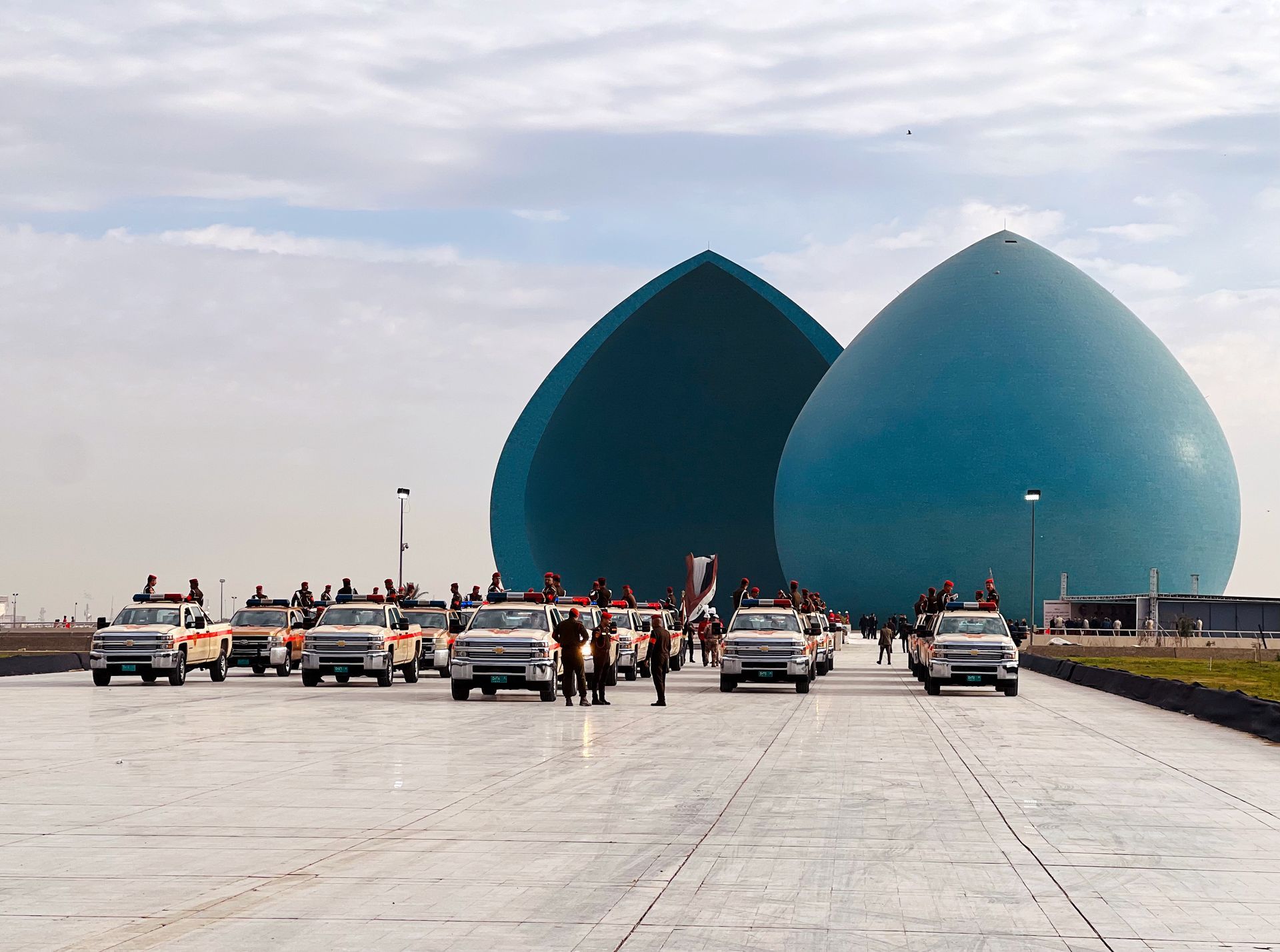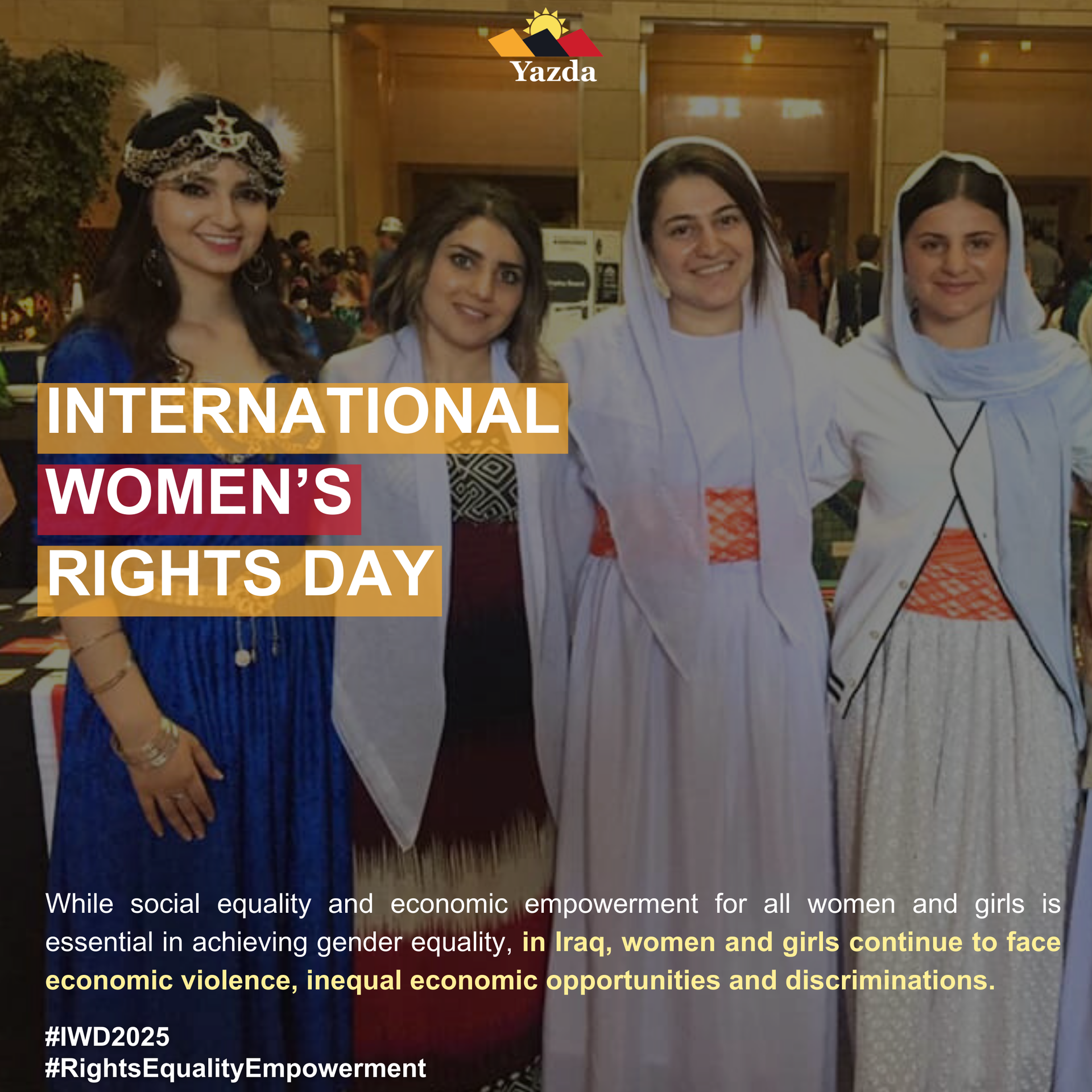Date:
Issued on:
Last updated:
May 23, 2022
May 23, 2022
May 23, 2022
Contact:
Phone:
Email:
Paris, France – On 18 May 2022, the Paris Court of Appeal confirmed the indictment of the French multinational cement company LafargeHolcim SA (‘Lafarge’) for complicity in crimes against humanity committed by the Islamic State of Iraq and Syria (‘ISIS’) and other armed groups in Syria. This case represents the first time a French multinational corporation has been charged with complicity in crimes against humanity.
Four years ago, Lafarge and several of its former executives and employees were charged with complicity in crimes against humanity and financing of a terrorist organisation. According to the indictments, Lafarge -- principally through its subsidiary which operated a cement plant in Syria -- made multimillion-dollar payments to ISIS and other armed groups and traded raw materials with them during the civil war which tore through the country.
Lafarge challenged the indictments, arguing that neither the French parent company nor its executives could be held accountable for acts of the subsidiary in Syria and that the funds were not paid with the intention to support ISIS’ crimes but to pursue a commercial activity. The Paris Court of Appeal originally accepted this argument and dismissed the charges of complicity in crimes against humanity in November 2019 (while upholding the charges of financing of terrorism). The Yazidi victims participating in the case as civil parties as well as other civil parties challenged this judgment.
In a landmark ruling on 7 September 2021, the French Supreme Court cleared the way for a criminal trial by quashing the annulment of the charges of crimes against humanity and confirming the charges of endangering the lives of employees’ and financing of terrorism. The Supreme Court held that the investigating judges had sufficient serious and corroborating evidence, including minutes of Lafarge’s weekly meetings, showing that Lafarge had provided support to ISIS while having ‘precise knowledge’ of the criminal nature of this terrorist group’s activities which were ‘likely to constitute crimes against humanity’. The Supreme Court also found that ‘knowingly paying several million dollars to an organisation whose purpose was exclusively criminal suffices to constitute complicity’ of the crimes committed by the criminal organisation regardless of whether the accomplice was pursuing a commercial activity.
The Supreme Court referred the matter back to the Court of Appeal so that it could re-assess the facts and charges on this basis.
On 18 May 2022, the Court of Appeal confirmed the indictments of Lafarge for complicity in crimes against humanity and endangering the lives of its employees in Syria. (It had previously confirmed the charge of financing terrorism.)
In its analysis, the Court highlighted that ISIS had committed crimes against humanity in Syria including that it “has denied the right of the Yazidi to exist and justified their destruction according to a concerted plan”. After reviewing the evidence, the Court concluded that Lafarge, which owns 98.67% of its Syrian subsidiary LCS, not only bought raw materials from ISIS but also made monthly payments amounting to a total of “15.5 million US dollars” to local armed groups which included ISIS.
The judges stated that “although informed that the actions of ISIS could constitute crimes against humanity, Lafarge, which could have put an end to the activities of LCS by asking it to close the plant, decided instead to continue this activity … even if it meant paying several million dollars to its groups”.
As such the Paris Court of Appeal considered that “there is serious and corroborating evidence of [Lafarge’s] participation as an accomplice in these crimes against humanity” because by financing ISIS, the company had in effect assisted and facilitated the group’s crimes. As a result, the investigating judges can pursue their investigations of Lafarge’s alleged complicity in ISIS’ crimes against humanity as well as the other charges.
Natia Navrouzov, Legal Advocacy Director at global Yazidi NGO Yazda, commented on the judgment that:
“This decision of the Court of Appeal shows again that ISIS is not only about a group of individuals who joined a terrorist group and committed the most heinous crimes. It is also about a whole system that enabled these crimes and that needs to be held accountable for to ensure that there is no impunity gap for international crimes.”
Nobel Peace Prize Laureate Nadia Murad, who is a survivor of enslavement and torture at the hands of ISIS, commented that:
“No one - terrorists, governments, or corporations - should receive impunity for enabling genocide and sexual violence. France's courts are now in agreement that Lafarge and its executives could stand trial for complicity in crimes against humanity. We need to see justice through and continue working through the courts to hold perpetrators accountable and make reparations available to survivors”.
British barrister and victims’ counsel, Amal Clooney, who also represents Yazda, commented that:
“This is another landmark ruling by the French courts showing that nobody is above the law and that all those who are complicit in crimes against humanity can and should be held to account”.
Rachel Lindon and Luke Vidal, French counsel for the Yazidi victims and Yazda commented that:
“By accepting the criteria of the French Supreme Court for an indictment for complicity in crimes against humanity and, thus departing from the position it held in 2019, the Paris Court of appeal confirms the advancement in terms of accountability for international crimes that was initiated by the French judicial bodies. Since the 7th of September, 2021, French jurisprudence is now clear: one shall be held accountable as an accomplice to an international crime if it materially or financially supports an entity or a person which it knows has committed or is committing such crimes, notwithstanding if it did not participate in such crimes or if that support was not indispensable to the infringement.”
Nicolas Angelet and Pascal Beauvais, Professors of law and victims’ counsel added:
“The Paris Court of Appeal judgment is a major step towards responsibility of parent companies for human rights violations by their subsidiaries. This is key to effective corporate responsibility”.
Download press release
here.
For an Arabic version of this press release, please click
here.
For an French version of this press release, please click
here.
Note to editors:
The survivors participating in the case as civil parties are members of the Yazidi religious minority targeted by ISIS as part of a genocidal campaign in Iraq and Syria. These victims are represented by Luke Vidal and Lefa Mondon of Sygna Partners, Amal Clooney and Nicolas Angelet of Doughty Street Chambers, Rachel Lindon and Mathilde Aublé of Lindon & Rohan Chabot and Professor Pascal Beauvais (Sorbonne Law School, Panthéon - Sorbonne University).
Yazda is a global Yazidi NGO that has been supporting survivors and documenting crimes committed by ISIS for more than seven years. Yazda has helped to identify, locate and support victims in criminal proceedings in multiple jurisdictions around the world.
According to article 121-2 of the French Criminal Code legal persons may be held liable for criminal offenses committed on their behalf by any of their representatives or organs.
At this stage of the proceedings, the Supreme Court and the Court of Appeal has not found Lafarge SA guilty of the charged crimes but assessed whether according to article 80-1 of the French Code of Criminal Procedure there is “serious or corroborating evidence” showing that Lafarge may have been involved in the commission of the indicted offences, including complicity in crimes against humanity, financing of terrorism, and deliberately endangering the lives of others (Lafarge’s Syrian employees).
